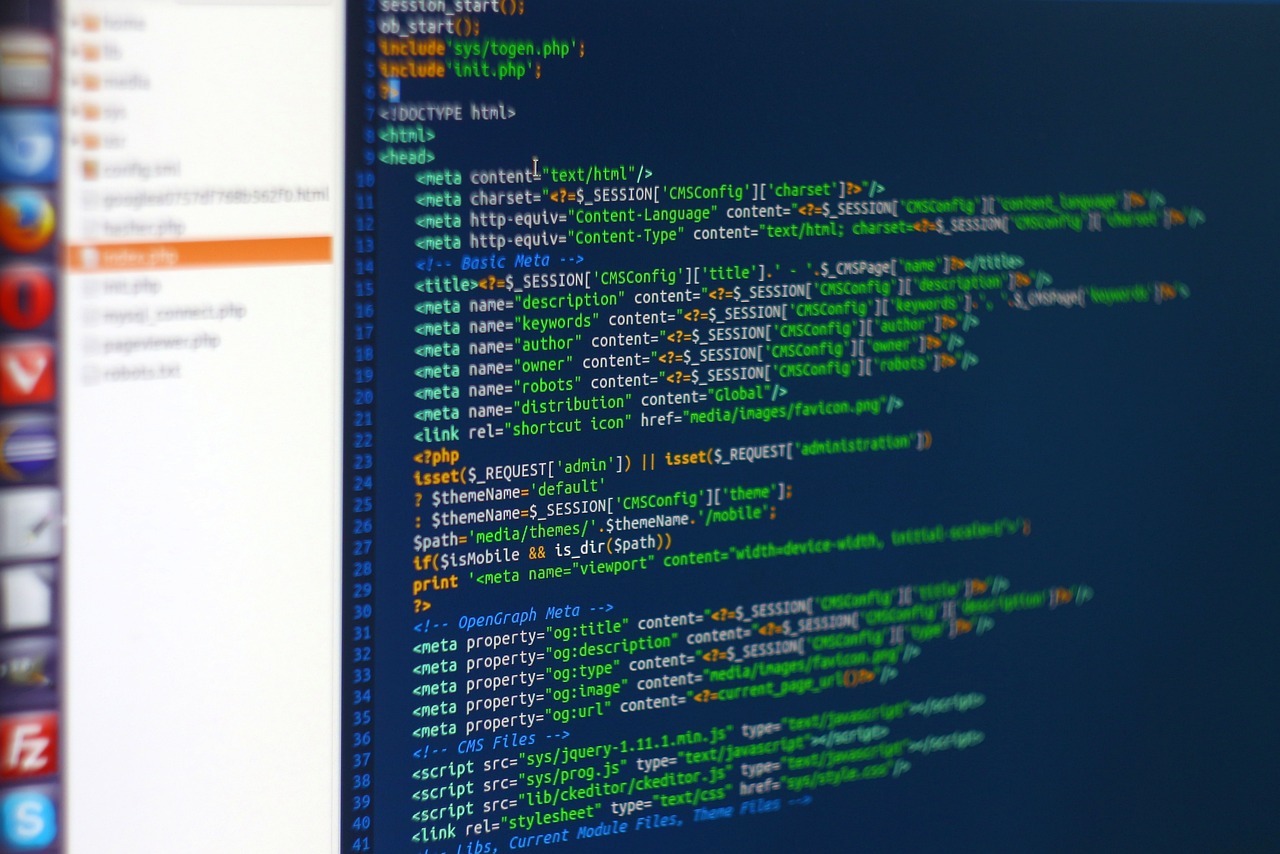The Role of AI in Modern Software Development
Automation of Coding Tasks
Artificial Intelligence (AI) is revolutionizing the software development process by automating various coding tasks. AI-powered tools, such as code completion and code generation assistants, can help developers write code more efficiently. These tools analyze the codebase, understand the context, and provide suggestions or generate code snippets, saving developers time and reducing the likelihood of errors.
AI in Testing and Debugging
AI is also playing a significant role in software testing and debugging. AI-driven test automation tools can generate test cases, execute them, and analyze the results, identifying bugs and ensuring the software meets the required specifications. Debugging is another area where AI excels, with tools that can detect and diagnose issues in the codebase, provide recommendations for fixes, and even automatically generate patches.
Predictive Analysis and Decision Making
AI-powered predictive analytics is transforming the way developers make informed decisions during the software development lifecycle.** By analyzing historical data, AI models can forecast project timelines, identify potential risks, and recommend optimal development strategies, enabling more efficient planning and resource allocation.
Benefits of AI in Software Development

Increased Efficiency
The integration of AI in software development has led to significant improvements in efficiency. AI-powered tools can automate repetitive tasks, accelerate coding processes, and minimize manual errors, allowing developers to focus on more complex and creative aspects of the project.
Enhanced Quality
AI-driven software development contributes to higher-quality software. AI-powered testing and debugging tools can identify and resolve issues at earlier stages, improving the overall performance and reliability of the final product. Additionally, AI-assisted code generation and refactoring can help maintain code quality and adherence to best practices.
Cost Reduction
The use of AI in software development can result in tangible cost savings. By automating time-consuming tasks, reducing development time, and improving overall productivity, organizations can lower their labor costs and accelerate time-to-market, leading to a more cost-effective development process.
Challenges and Risks of AI in Software Development
Ethical Concerns
The integration of AI in software development raises ethical concerns. Developers must address issues of algorithmic bias, data privacy, and transparency to ensure that AI-powered systems are fair, unbiased, and compliant with relevant regulations.
Dependence on AI
Over-reliance on AI tools and automation can pose risks to the software development process. While AI can enhance efficiency, it is essential to maintain human oversight and the ability to understand and intervene in the AI-driven decision-making process to mitigate potential issues.
Technical Limitations
Despite the advancements in AI, there are still technical limitations that must be addressed. Aspects like natural language processing, computer vision, and reasoning capabilities require further improvements to fully realize the potential of AI in software development.
Future Trends in AI and Software Development

AI-Driven Development Environments
The future of software development will likely see the emergence of AI-driven integrated development environments (IDEs). These AI-powered IDEs will analyze the codebase, provide intelligent assistance, automate repetitive tasks, and optimize the overall development workflow, enhancing the productivity and creativity of developers.
Advanced Machine Learning Models
Continued advancements in machine learning, particularly in areas like deep learning, will significantly impact software development. Sophisticated AI models will be able to understand and generate complex code, identify and fix bugs more accurately, and optimize software performance and architecture.
Collaboration Between AI and Developers
In the future, AI will not replace developers but will rather collaborate with them, enhancing their creativity and problem-solving abilities. AI-powered tools will augment the human developer’s expertise, providing real-time insights, recommendations, and task automation, ultimately improving the overall development process.
Case Studies of AI in Software Development
| Case Study | Key Highlights |
|---|---|
| Company A: Automating Code Generation | – Implemented an AI-powered code generation tool<br>- Reduced development time by 30% on average<br>- Improved code quality and adherence to best practices |
| Company B: AI-Driven Testing and Debugging | – Adopted AI-based test automation and debugging tools<br>- Identified and resolved 40% more bugs during the testing phase<br>- Achieved a 25% reduction in overall software development costs |
| Company C: AI-Powered Predictive Analytics | – Utilized AI models to forecast project timelines and resource needs<br>- Optimized resource allocation and reduced project delays by 20%<br>- Improved overall software development efficiency and delivery |
How to Get Started with AI in Software Development
Assessing AI Readiness
When considering the integration of AI in software development, it is crucial to assess your organization’s readiness:
- Data Availability: Evaluate the quality and quantity of data available to train AI models.
- Technical Expertise: Assess the in-house expertise in AI and machine learning.
- Organizational Alignment: Ensure that the adoption of AI aligns with your company’s strategic goals and priorities.
- Infrastructure Readiness: Determine the technical infrastructure and resources required to support AI-based software development.
Selecting the Right AI Tools
The selection of appropriate AI tools and platforms is crucial for successful integration. Consider the following factors when evaluating AI solutions:
| AI Tool | Key Features | Potential Use Cases |
|---|---|---|
| Code Completion Assistants | – Intelligent code suggestions<br>- Context-aware recommendations<br>- Syntax and style correction | – Accelerating coding tasks<br>- Reducing manual errors<br>- Enhancing developer productivity |
| Test Automation Platforms | – Automated test case generation<br>- Intelligent test execution and analysis<br>- Continuous testing and integration | – Improving software quality<br>- Reducing testing time and costs<br>- Detecting and resolving bugs earlier |
| Predictive Analytics Platforms | – Forecasting project timelines<br>- Identifying risks and bottlenecks<br>- Recommending optimal development strategies | – Enhancing project planning and management<br>- Optimizing resource allocation<br>- Improving overall development efficiency |
Building an AI-Competent Team
Developing an AI-competent team is essential for successful AI integration in software development. This may involve:
- Upskilling Existing Developers: Providing training and resources to help your developers acquire AI and machine learning skills.
- Recruiting AI Specialists: Hiring experienced AI and machine learning experts to complement your software development team.
- Fostering Collaboration: Encouraging seamless collaboration between software developers and AI/ML professionals to leverage their complementary skills.
As the software development industry continues to evolve, the integration of Artificial Intelligence will play an increasingly vital role in driving efficiency, enhancing quality, and shaping the future of software development. By embracing these AI-powered advancements, organizations can gain a competitive edge and deliver innovative, high-performing software solutions.

